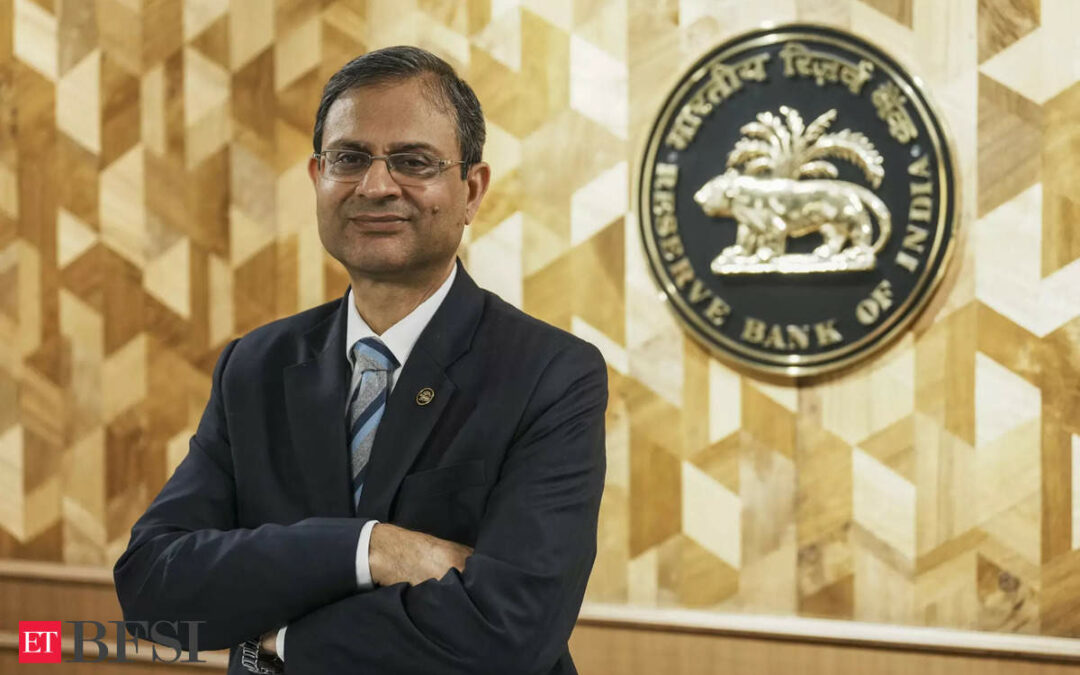VUCA, or volatility, uncertainty, complexity, and ambiguity, has been a global concern, according to the governor of the Reserve Bank of India (RBI). Many nations are experiencing economic recession, which has harmed the global economy and the Indian economy in particular.
The RBI has the following positive news: The post-COVID surge in headline inflation was too short-lived to affect the mood of consumers. That should be a huge relief for the Indian central bank, which, over the past three years, has been cutting interest rates to reduce inflation without causing an economic meltdown. This is in line with the advanced economies’ monetary tightening, which is happening more quickly and sharply than it has in recent years. Without its independence, RBI could not make this tough call under the VUCA time.
Politically autonomous central banks have a well-established economic foundation for managing monetary policy. They are among the most important economic governance entities globally. They oversee the money supply, interest rate, exchange rate and financial conditions that affect inflation, financial stability, real activities and employment.
For such a crucial role they play in the economy, many countries ensure their autonomy by detaching themselves from politics, executive offices and administrations. Their powers are enshrined as separate through the relevant legislation. They are typically headed and manned by technocrats or field experts – economists, academics, commercial bankers, and occasionally private sector representatives appointed by the government but not elected to the office.
The RBI rests on three principal considerations concerning the main rationale behind granting financial regulatory agencies autonomy. Firstly, the lack of independence of these agencies has worsened financial stability in many countries. Secondly, central banks’ independence ensures that they can act decisively and without fear of political backlash. Thirdly, a government’s horizon of decision-making is often rendered short by upcoming elections—national, state and mid-term—delivering on freebies promised leads to good community politics but bad economic or monetary policies.
Central banks can fail or underperform when subjected to political pressure for several reasons. Political interference makes these central banks toothless and their bosses lame-duck. The disability to execute effective, evidence-based monetary policies can undermine public trust, economic stability and long-term growth. Central banks are usually expected to be impartial, basing decisions on economic data and monetary policies. Political interference can distort this decision-making process.
Economists globally have argued and maintained that central bank independence is a cornerstone for a country to keep its inflation in check and stable. The debate around whether the governments and central banks should be in sync is age-old. While the government of the day tends to look at short-term targets, central banks generally focus on longer-term objectives for the economy and should be given complete autonomy from political influence or interference.
Countries where central banks are deemed not to be independent, have seen a hit on their currencies, most recently in countries such as Lao People’s Democratic Republic, Sri Lanka and Turkey, resulting in a fall in their currencies and also having a cascading downfall in their economies.
Central banks worldwide have gained this independence and have become autonomous over the past decades with many financial crises like the 1997 Asian financial crisis and the 2008 global financial crisis. The democratic philosophy has gradually accepted an unaccountable institution or a central bank as a solution to the problems of monetary policy. At the same time, its independence would be constrained by law while its decisions must be transparent, limiting to technical matters with minimal conflict of interest.
Nonetheless, assigning regulatory responsibilities to independent agencies, as opposed to those under the direct control of government ministries, remains a contentious issue in many nations. Critics argue that such independence may contravene constitutional provisions that require ministers to be accountable for government policies and actions.
There is also concern that the interests of regulators might be prioritised over the public good. The recent action by the RBI on the Paytm Payments Bank, a popular fintech in India, has fueled speculations that the regulator is wary of fintech and digital payment firms. During the COVID-19 pandemic, central banks’ independence was further challenged as their financing of government has significantly increased.
RBI was designed to act as an institution that manages monetary policy, controls inflation, ensures financial stability and provides long-term economic security. However, political interference can significantly undermine its ability to perform these functions effectively. When RBI is pressured to prioritise short-term political interests over sound economic principles, the central bank risks failing to maintain price stability, financial stability and long-term economic growth, ultimately damaging both public trust and the overall health of the economy in India.
Political interference is the Achilles heel of any regulatory system: among other mechanisms, the central bank may use disclosure rules and the pressures of globalisation to increase political support to maintain its desired independence.
Drawing an analogy to cricket (or baseball), the outgoing RBI Governor has concentrated on the present responsibilities: “When I’m out there batting, I’d rather focus on my batting and not think whether I’m there in the next match or not.” It is an encouraging sign of his strong commitment to the RBI’s autonomy.
(The authors are academics & VUCA experts; Views expressed are personal)











